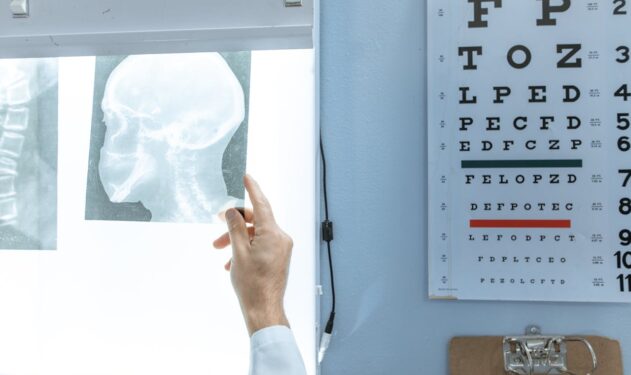Each year, there are at least 1.5 million people who suffer harm due to medication errors, according to the Academy of Managed Care Pharmacy (AMCP). That same data reveals how in-hospital drug-related mistakes cause victims to incur at least $3.5 million in damages.
These medication mistakes can happen for a whole host of reasons. This consequently means that there’s not one single answer to the question, “Who is liable for prescription drug errors.”
Below, we address who you can hold responsible for drug errors, depending on the type of mistake and who made the mistake.
Why Medication Mistakes Happen
While there are a multitude of reasons drug errors happen, some of the most common situations that result in them include:
- Health history-taking mistakes: Medical assistants, nurses, anesthesiologists, and other doctors may neglect to ask about medications a patient is taking or not correctly document the ones they say. They may additionally not record adverse symptoms certain drugs a patient took previously caused. These failures could lead to a patient receiving a prescription for a drug that’s contraindicated.
- Lack of drug knowledge: Nurse practitioners, physician assistants, and doctors all regularly prescribe medications. If they haven’t taken time to properly apprise themselves of the conditions drugs treat, what proper dosages are, and any potential drug interactions associated with them.
- Medication administration concerns: All different types of healthcare providers, with varying degrees of medical training or none at all, may be responsible for giving prescription drugs to patients, especially in nursing homes, daycares, school settings, and medical centers. Dosages administered may not be properly administered nor recorded, leading to overdosing and underdosing and even giving patients the wrong drug.
- Ineffective communication: While many doctor’s notes and prescriptions are typewritten, that’s not always the case. Difficulties reading or understanding a doctor’s notes or what they write on a prescription, if the information is not verified, can lead to nurses putting in orders for the wrong medications and pharmacists dispensing the wrong ones.
- Anesthesia errors: Patients may receive sedatives both in a surgical and critical care situation. If doctors inaccurately calculate dosages or aren’t mindful of potential complications, adverse complications can occur.
Software issues can also lead to prescription drug errors. There may be “bugs” or user issues with healthcare information technology (HIT) that lead to these issues.
Who Can You Hold Accountable When Prescription Drug Errors Occur?
Now, circling back to the question, “Who is liable for prescription drug errors?” There are a few options based on which of the above scenarios (or another one) is to blame for what happened. Those potentially liable parties are:
- Doctors, including anesthesiologists, surgeons, podiatrists, ophthalmologists, etc.
- Nurse practitioners, physician assistants, and nurse anesthetists
- Nursing staff members, including licensed practical nurses (LPNs), registered nurses (RNs), and school nurses
- Medical assistants
- Home health aides and agencies
- Pharmacists
- Daycare workers (who administer medications to children)
In short, it may be possible to hold anyone who administers medication to you or your loved one accountable for any adverse outcome that occurs from them doing so.
Additionally, it may be possible to hold a pharmaceutical company accountable for drug errors, especially if contamination, failures to warn, and other issues are to blame for the adverse outcome.
Where To Get Help If a Medication Mistake Harmed You or Someone You Love
When most of us are dealing with a health setback, we trust our medical caregivers to give us the highest quality care. Like any human, these healthcare professionals make mistakes. The only difference between their errors and some of the ones the rest of us make is that their errors can cause someone’s health to deteriorate or for someone to die.
If you or a close relative has been harmed by a pharmaceutical company, doctor, or another caregiver’s manufacturing, prescribing, dispensing, or administration of a prescription drug, consider reaching out to us at Prochaska, Howell & Prochaska LLC. We’ll put you in contact with one of our Wichita medical malpractice attorneys with whom you can discuss legal rights Kansas law affords you in situations like these. A consultation with a lawyer in our office is free.








